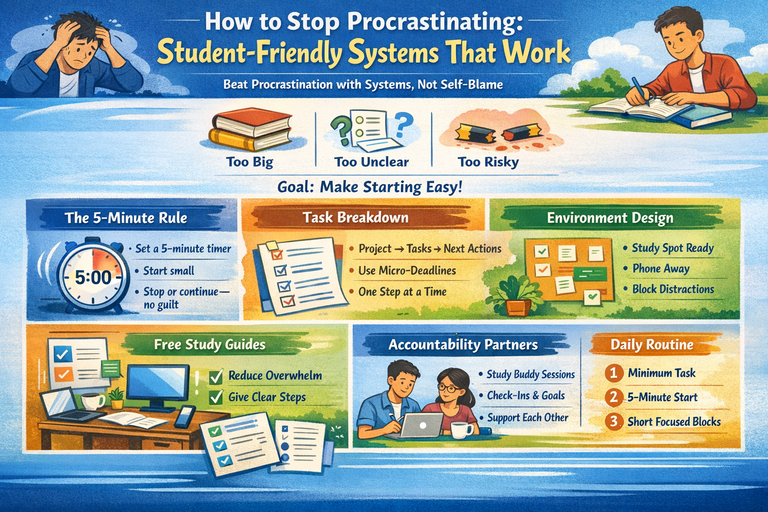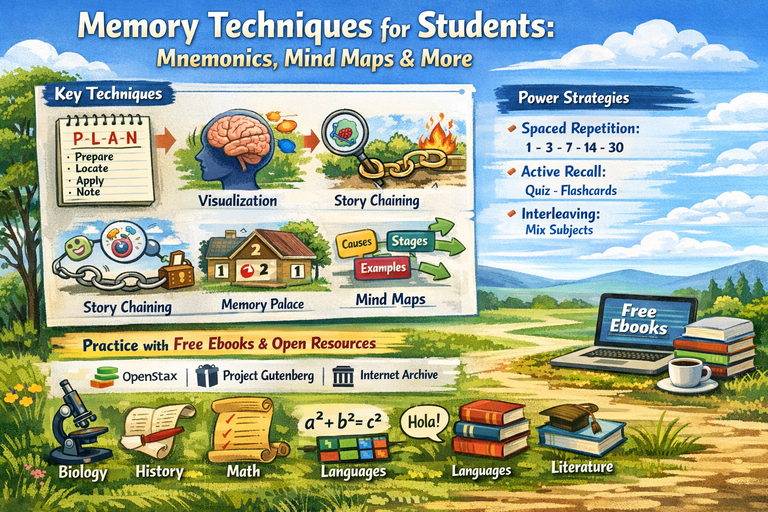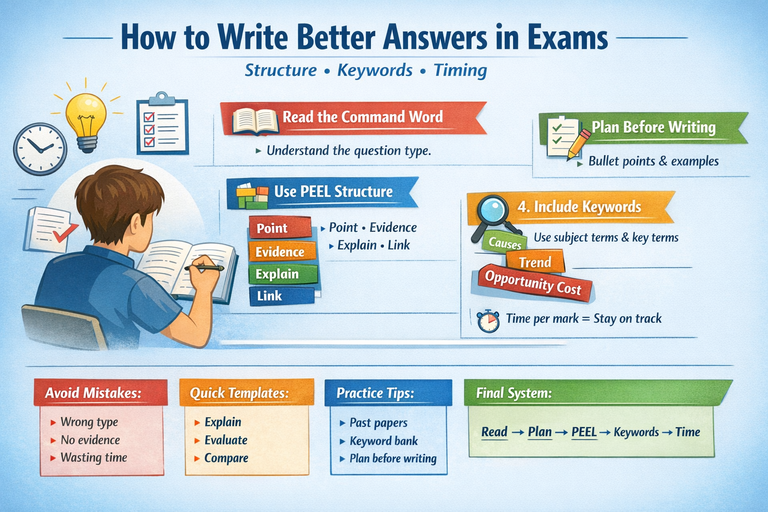The Fear of Recession in Economies
The mere mention of a recession can send shivers down the spine of global markets, business leaders, and ordinary citizens alike. Unlike a natural disaster or sudden crisis, a recession is a slow-moving threat—looming, unpredictable, and psychologically unsettling. It brings with it a mix of economic consequences and emotional turmoil, challenging both policy frameworks and individual resilience.
At Junkybooks, we believe literature and storytelling are essential tools for unpacking this complex fear. Financial fiction, economic journalism, and insightful narratives offer deeper understanding—not just of how recessions unfold, but why they scare us so much.
So what is it about a recession that grips the world with anxiety? Why does the fear of economic downturns echo louder than many actual financial losses? And how do stories help us confront this fear?
Let’s explore the many dimensions of recession fear through the lens of economy, emotion, and storytelling.
Understanding What a Recession Really Is
A recession is broadly defined as a decline in economic activity over two consecutive quarters. But behind that definition lies a chain of consequences: falling GDP, rising unemployment, reduced consumer spending, lower corporate profits, and in some cases, full-blown crises in sectors like housing, banking, or trade.
For economists, these are measurable patterns. For everyday people, they’re lived experiences—job loss, rising bills, closed shops, and uncertain futures. That’s where fear begins: when abstract concepts become personal.
The fear of recession is not only about financial loss—it’s about the unpredictability of life. It introduces instability into every decision, from major investments to routine purchases.
Why Fear of Recession Is More Powerful Than the Recession Itself
Psychologically, humans are more afraid of uncertainty than hardship. This is why the mere expectation of a recession can send stock markets tumbling, freeze hiring across industries, and lower consumer confidence—even before any actual indicators confirm the downturn.
This fear is often amplified by:
-
Sensational media headlines forecasting doom
-
Past experiences of economic hardship
-
Political instability or global tensions
-
Personal insecurity about finances or employment
Recession fear creates a feedback loop. When consumers and businesses brace for a downturn, they spend less and invest less—which can actually trigger the very recession they fear.
It’s a unique form of economic self-fulfilling prophecy.
How Literature and Storytelling Address Recession Anxiety
At Junkybooks, we’ve seen how stories—whether fictional, autobiographical, or journalistic—offer a refuge and a roadmap. Financial fiction in particular provides a more human way to process economic fear.
Books like The Grapes of Wrath by John Steinbeck or Hard Times by Charles Dickens don’t just tell you a recession happened. They show you how it felt. How families coped. How communities broke or came together. And how, eventually, people found a way forward.
In a way, these stories reassure readers that while economic cycles are inevitable, survival and resilience are too.
The Role of Government and Institutions in Managing Fear
Recession fear isn’t just an individual emotion—it’s a societal challenge. When large groups of people lose confidence in the economy, it affects everything from consumer behavior to stock market performance.
That’s why central banks, governments, and financial institutions often focus as much on messaging as they do on policy. Words like “soft landing,” “temporary correction,” or “market adjustment” are designed to soothe panic.
But as history shows, trust must be earned. In novels and nonfiction accounts of financial crises—from the Great Depression to the 2008 collapse—readers often find recurring themes of institutional failure, mismanagement, or dishonesty.
This loss of faith is a major driver of fear, and storytelling helps expose these gaps so they can be addressed.
Recession in the Modern Era: A Different Kind of Fear
In today's world, the fear of recession carries different flavors than in the past. Thanks to the internet, social media, and real-time trading platforms, panic can spread faster than ever.
Add to that the rise of precarious work, inflated housing markets, and geopolitical instability, and it’s no wonder fear is a dominant emotional response to even minor dips in economic indicators.
Many modern novels and essays on finance explore this emotional toll. Books like The Big Short by Michael Lewis or Normal People by Sally Rooney (which indirectly deals with post-2008 trauma) show how the economy doesn’t just shape bank accounts—it shapes relationships, mental health, and identity.
At Junkybooks, we often point readers to these stories because they reveal something graphs can’t: the quiet, chronic stress that comes with living under economic uncertainty.
Financial Fiction as a Recession Survival Guide
Whether it’s a narrative about Wall Street greed, a struggling small business, or a laid-off worker finding a new path, financial fiction can serve as an emotional guide through economic turbulence.
Stories help us:
-
Feel less alone in financial hardship
-
Learn from the mistakes or triumphs of fictional characters
-
Process trauma through metaphor and narrative
-
Imagine creative or alternative paths to recovery
Recession-focused literature often champions adaptability, community, and long-term thinking—values that help readers cope with both fear and reality.
The Investor’s Perspective: Fear vs. Strategy
For investors, fear of recession is both a warning and an opportunity. Market downturns may seem terrifying, but they can also offer discounted assets, long-term gains, and chances to reassess portfolios.
Books and biographies of legendary investors often include entire chapters on surviving recessions. From Warren Buffett’s patience to Ray Dalio’s analysis of debt cycles, these narratives highlight the importance of rationality over emotion.
At Junkybooks, we encourage investors to not only follow the markets but also read the stories behind the numbers. Understanding how fear works—psychologically and socially—can improve financial decisions during volatile times.
A Look at Historical Recession Narratives
Recessions are not new. From the Panic of 1873 to the Great Recession of 2008, each period has left behind a trail of stories that reflect the fears and values of the time.
For example:
-
The Great Gatsby captures the unease just before the 1929 crash
-
American Psycho offers satire on the excess before a bust
-
Too Big to Fail dives deep into the corporate and governmental drama of the 2008 crisis
These books don’t just reflect the events—they reflect the emotions. They show how generations process financial trauma, and how those lessons echo forward.
Overcoming Recession Fear with Knowledge and Perspective
While recession fear is powerful, it can be mitigated with education, preparation, and perspective. Understanding economic cycles, diversifying income, saving for emergencies, and engaging in honest conversations about money can make individuals more resilient.
Literature plays a vital role here. It educates not just through data, but through empathy. It reminds us that we are not powerless, and that even in the worst economic climates, creativity, courage, and solidarity still shine.
At Junkybooks, we believe reading stories about past recessions can help prepare readers for future ones—not with fear, but with insight.
Final Thoughts: Fear Is Real, But So Is Recovery
Recessions come and go. Markets rise and fall. But fear—especially the fear of recession—has a way of lingering in the background, influencing behavior long after the economic data has recovered.
Understanding that fear is the first step in overcoming it. And the best way to understand fear is to confront it—not just through analysis, but through storytelling.
By reading novels, essays, and biographies that explore recessions with nuance and humanity, we gain something more powerful than a forecast. We gain perspective.
At Junkybooks, we believe in the power of the written word to make the complex understandable, the abstract personal, and the frightening manageable.
So the next time you hear talk of recession, don’t panic. Pick up a book instead. Because in stories, you’ll find not just the history of past downturns—but the resilience that brought us through them.
Explore more stories that confront economic fear, inspire confidence, and empower readers at Junkybooks—where finance meets fiction.








